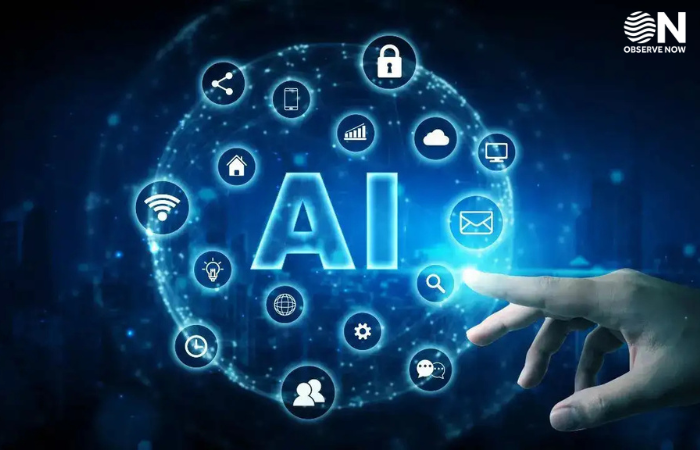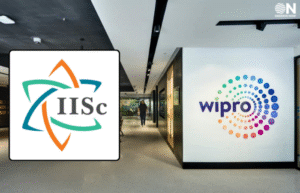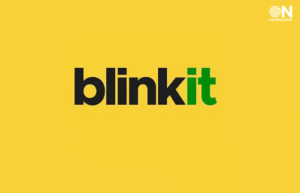Goldman Sachs Economist Warns: Gen Z Tech Workers Could Be First to Lose Jobs to AI

As the world adapts to the accelerating capabilities of artificial intelligence, a new warning from Goldman Sachs economist Joseph Briggs has sparked concern across the tech sector—especially among its youngest members. In a recent analysis, Briggs highlighted that Generation Z tech workers—many of whom are just entering the workforce—could be the first wave of professionals to see their roles significantly impacted or replaced by AI-driven automation.
Briggs emphasized that entry-level positions in the technology industry, long considered a stepping stone into software engineering, data analysis, and IT roles, are now under direct threat as AI becomes capable of performing many of the simpler, repetitive, or rule-based tasks that typically fall to junior employees.
For decades, new tech hires began with tasks like writing boilerplate code, debugging, managing tickets, or performing routine data cleaning. These jobs allowed young professionals to learn by doing, gaining the experience needed to grow into more senior, strategic roles. But AI is changing that trajectory.
Tools powered by large language models (LLMs) and generative AI systems are increasingly able to write and optimize code, auto-generate documentation, triage IT issues, and even create initial product mockups. What once took hours for a human now takes seconds for an AI tool—at near-zero marginal cost.
“The automation wave is not coming—it’s already here,” Briggs noted. “And those performing the most easily automated tasks—often the most junior employees—are naturally the most vulnerable.”
For Gen Z, many of whom entered or are about to enter the workforce during a time of rapid technological disruption, the concern is both practical and psychological. University students studying computer science, software engineering, or tech-adjacent disciplines now face a job market where the bottom rungs of the career ladder are shrinking or disappearing altogether.
Some startups and even large enterprises have reportedly reduced junior hiring in favor of integrating AI copilots and code assistants to support their senior staff. This risks concentrating skill development and opportunity among those who are already well-established, potentially widening the experience gap.
Despite the warning, experts caution against adopting a purely negative outlook. While AI is displacing some roles, it’s also creating new categories of work, especially in AI operations, prompt engineering, model evaluation, and responsible AI oversight.
“Gen Z may be the most digitally native generation yet,” said one technology consultant. “They have a unique opportunity to adapt, retrain, and leverage AI not as a threat—but as a tool.”
Some companies are already responding by reshaping their entry-level programs, offering training focused on how to work with AI, rather than against it.
The message is clear: adaptation is key. As AI continues to evolve, so too must the education systems, hiring practices, and skill-building pipelines that support early-career talent.
Whether Gen Z tech workers emerge as the first victims of AI or its most agile beneficiaries will depend on how institutions and individuals respond to this shift—starting now.
















